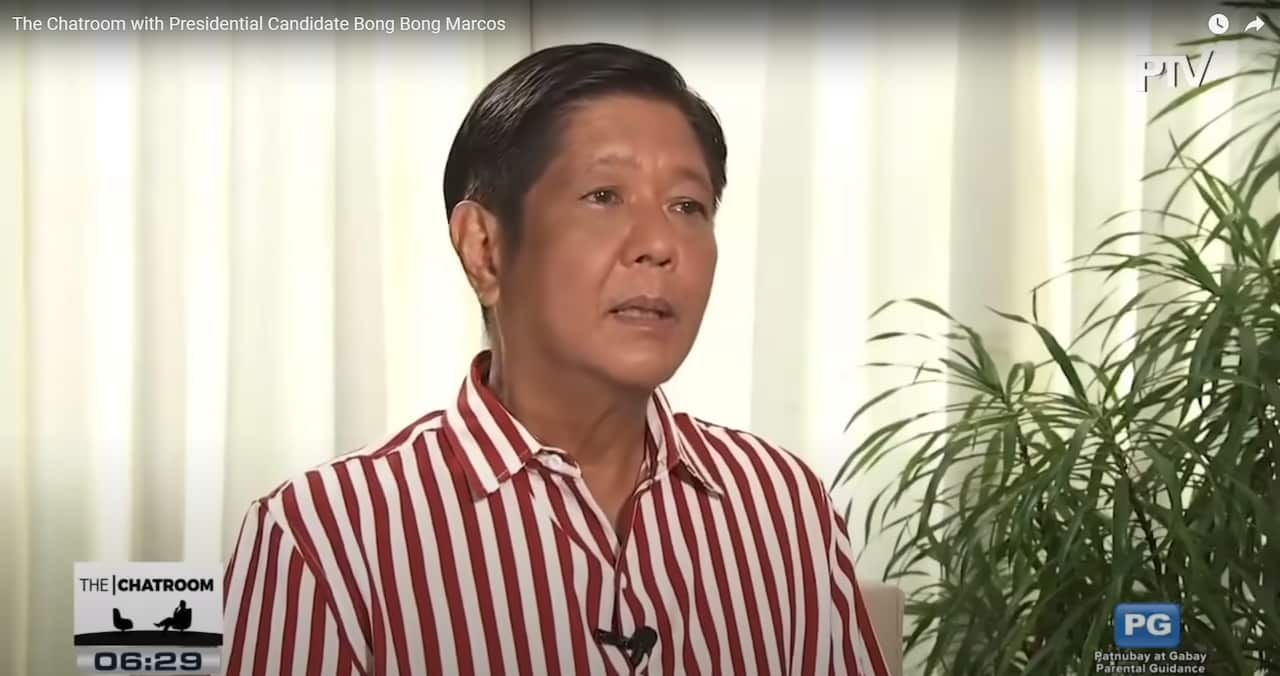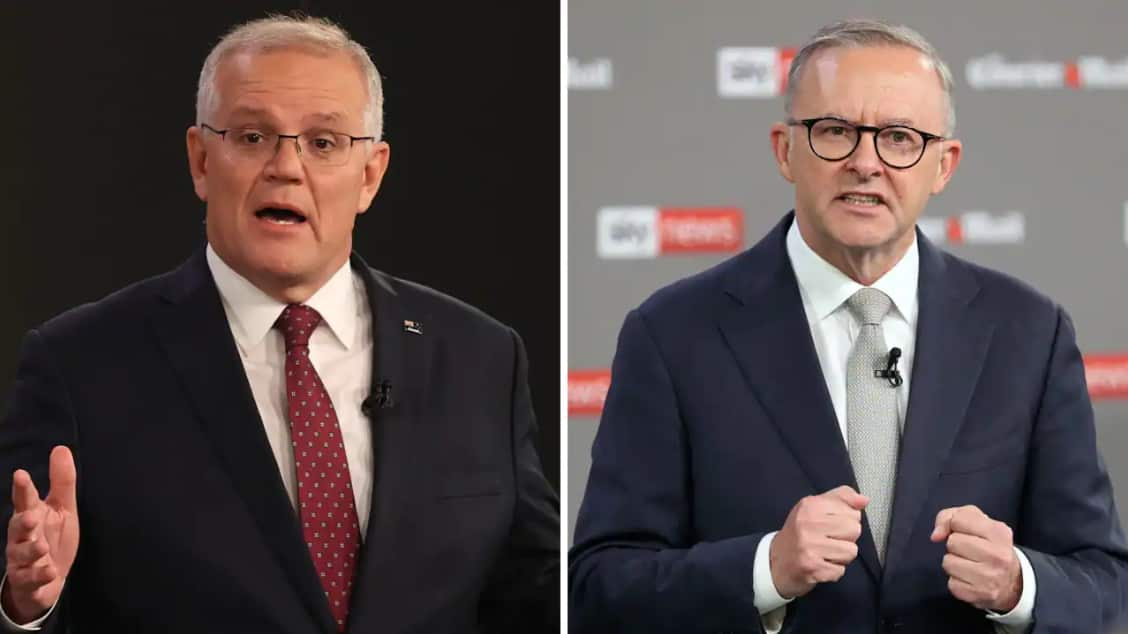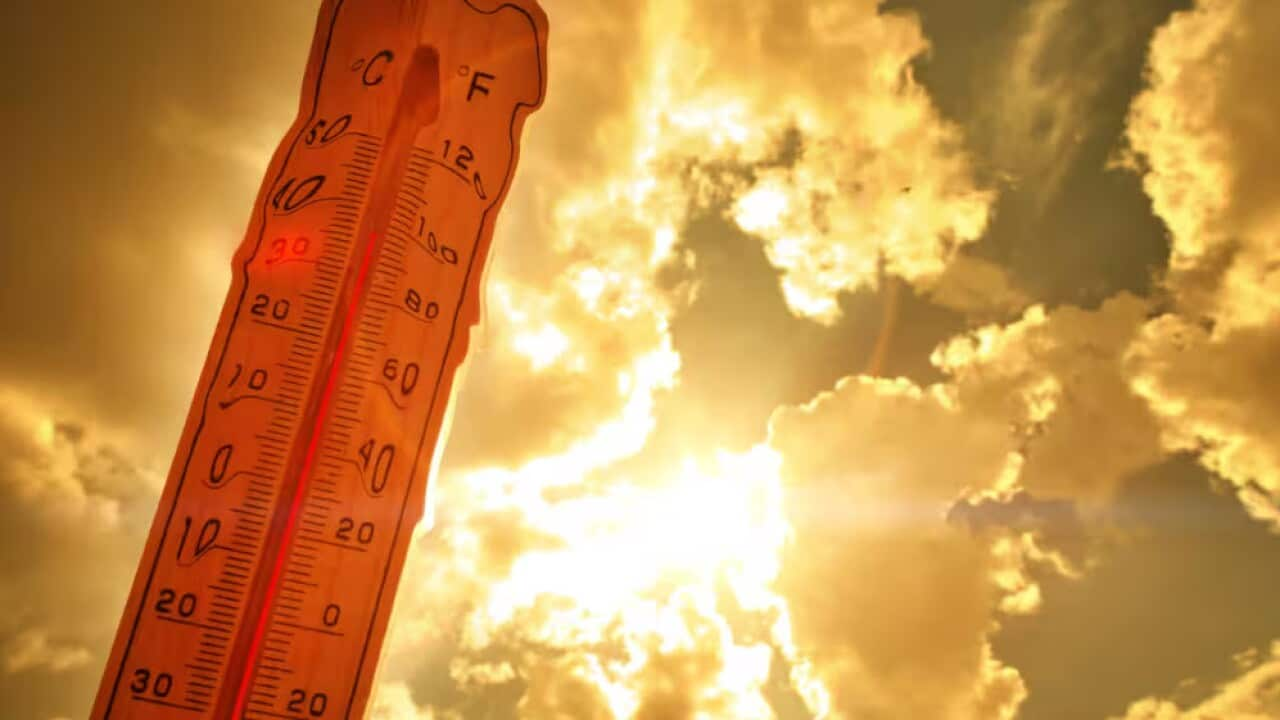Highlights
- The Philippines is one of the countries with the longest bilateral relationship with Australia. In 2021, the two countries celebrated the 75th year of that relationship.
- More than 200,000 Filipinos call Australia home, and thousands upon thousands of international students and workers are in the country.
- Aside from economics, trade, education, tourism and immigration, the region will be looking at the positions the new leaders will take on foreign policy, especially when it comes to issues related to the much-disputed West Philippine Sea.
As the Philippines and Australia are set to choose their new governments, the Asia Pacific region braces for major changes in both countries' foreign policies.
Listen to the audio:
"Multilateral approach"
The two leading Presidential candidates have differing policies.
According to Senator Ferdinand "Bongbong" Marcos Jr., he plans to continue bilateral negotiations with China when it comes to fishing in the area. This policy is a continuation of the current government's approach, with President Rodrigo Duterte viewing China as an ally and friend.
In an interview with The Chatroom of PTV, Marcos says that talks with China are needed.
"There’s no need for us to be in conflict sa ibang bansa except halimbawa itong meron tayong conflict sa west Philippine Sea sa China sa mga conflicting claims. You have to remember its not only with China, meron ding ASEAN members na pareho ang claim sa atin. I still na kahit may mga conflicting claims, kailangan natin kausapin pa din We have to engage, hindi yung sasabihin natin na ayoko makipag usap. Nagharden ang positions dahil we went to court and that was maybe alam.. Mo magkaibigan nag-away pwede pa aregluhin yan pero pag nagsama ka ng abogado wala na.. Magmamatigas na yan."
["There's no need for us to be in conflict with other countries. There are conflicting claims. You have to remember that there are other ASEAN members who have the same claim as us. Even if we have conflicting claims with them, we have to talk. We have to engage. We can't just say that we refuse to. We hardened our positions and went to court; but as friends, we need to find a compromise. When we include lawyers in the conversation, positions harden."] He wants to take a "multilateral approach" when it comes to the issue of the West Philippine Sea.
He wants to take a "multilateral approach" when it comes to the issue of the West Philippine Sea.

PTV's The Chatroom interviews Former Senator Bongbong Marcos Source: PTV
He plans on asking help from the Association of Southeast Asian Nations (ASEAN) and the United Nations, as well as sending a delegation to Beijing to initiate talks and resolve the issue with Chinese President Xi Jinping.
"Its an advantage that we are so strategically important because of our geographic location but also puts us in a precarious situation aksi magkabila nga na malalaking superpower ang nandyan so we just have to work for national interest but in specific cases we have in the West Philippine Sea, I cannot see another alternative except for engagement kasi hindi naman natin pwede sabihin eh talagang hindi na maayos yan."
["It's an advantage that we are so strategically important because of our geographic location; but it also puts us in a precarious situation because we are dealing with superpowers. We have to work for our national interest, specifically when it comes to the West Philippine Sea. I can't see another alternative, expect for engagement. If we don't engage, we will never fix this."]
"Proactive approach"
Vice President Leni Robredo is another leading candidate in the race.
Robredo plans to utilise diplomacy, information, military capability and economics in order to effectively quash the powerful nation's bullying tactics against the Philippines.
In an interview with the Rotary Club of Manila, Robredo states that foreign policy is beneficial when it doesn't favour one country.
"For me, it will always be beneficial to have an inclusive and independent foreign policy as opposed to one which favours a specific country.
"That being said, with China, we will collaborate with them in areas that we have no conflict such as trade and investment - much like what Vietnam has been doing; but when it comes to the West Philippine Sea, we cannot deal with them without their recognition on the arbitrary ruling. For example, we only agree to join exploration with them if there's first a recognition of our rights as declared by the arbitral tribunal.
"As for the United States, being one of our oldest allies, we will continue strengthening relations with them especially given the fact that a lot of Filipinos are working and living there; but we want to create better ties, especially with areas of protection for citizens, increasing exports, bolstering trade, military and intelligence capabilities and, of course, protecting the West Philippine Sea" She wants to engage with the citizens of the country to get a national consensus or decision. She hopes to strengthen the country's relationship with others who have the same stance on the issue, to further fund the military and to bolster the economy.
She wants to engage with the citizens of the country to get a national consensus or decision. She hopes to strengthen the country's relationship with others who have the same stance on the issue, to further fund the military and to bolster the economy.

Rotary Club of Manila interviews VP Leni Robredo Source: Rotary Club of Manila
"We also need to strengthen our diplomatic relations with all allies, the ASEAN countries, EU, Great Britain, Australia and all others. In the countries where there are large concentrations of OFWs, we do all we can to cement a bilateral agreement with them to ensure the protection of Filipinos and, to ensure satisfactory labour for them. We will be open to working with everyone as long as it is in the best interest of the Filipino people"
Security pact
Meanwhile, Australia seeks to futher its relationship with the Asia Pacific region and to strengthen security, foreseeing China's widening influence in the area.
Recently, China and the Solomon Islands signed a security pact. While Labor and the Coalition have opposing views in a number of issues, both parties agree that China is a big threat to geopolitics in the region.
While Labor and the Coalition have opposing views in a number of issues, both parties agree that China is a big threat to geopolitics in the region.

Prime Minister Scott Morrison and Opposition Leader Anthony Albanese faced off in a debate, Source: JASON EDWARDS/AAPIMAGE
Australia will be holding its federal elections on the 21st of May, while the Philippines will have its national elections on May 9.
Aside from Marcos and Robredo, the other candidates running for Philippine president are Ernie Abella, Leody De Guzman, Norberto Gonzales, Panfilo Lacson, Faisal Mangondato, Jose Montemayor Jr., Isko Moreno and Manny Pacquiao.
Different leaders with different policies and points of view are on the polls, vying to run Australia and the Philippines. Whichever leaders win will determine and shape the relationship of the two countries.




